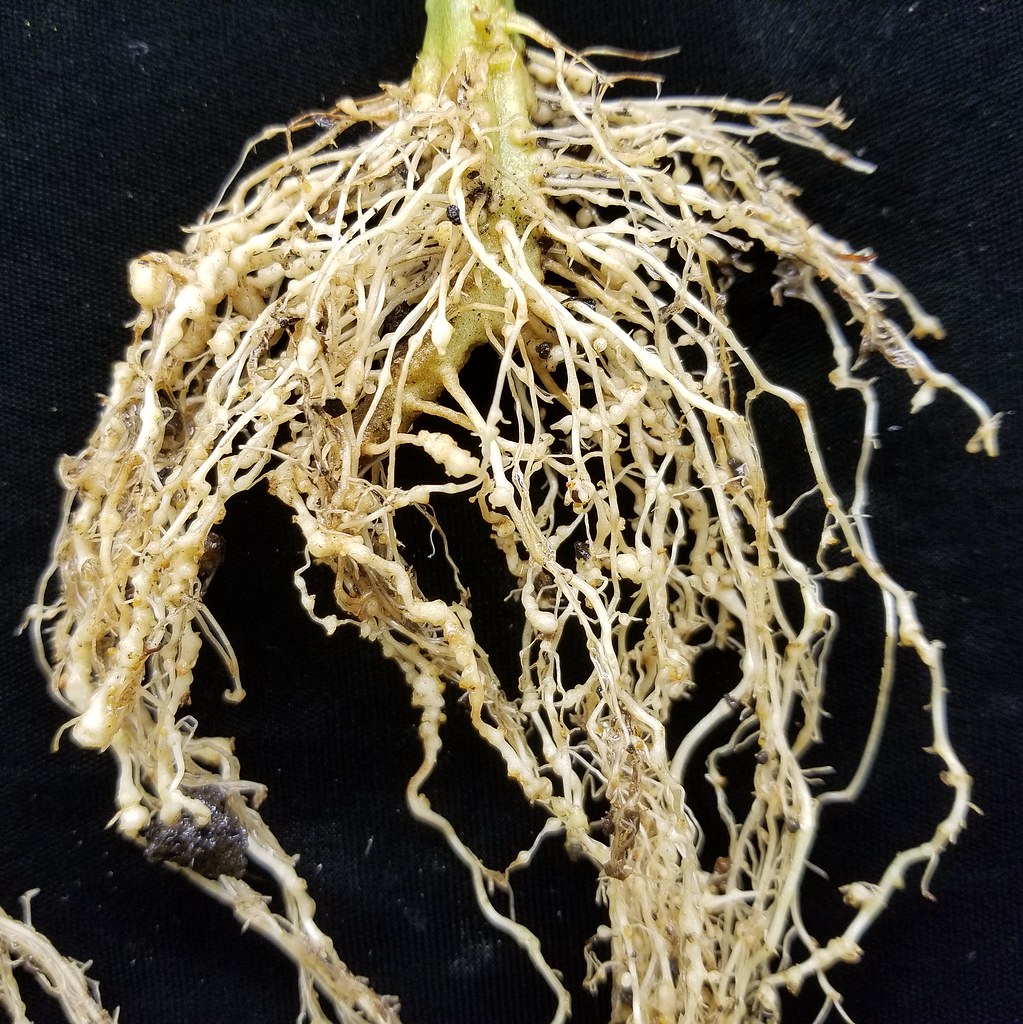Rootknot Nematodes

Scientific Name
Meloidogyne spp.
Description
Rootknot nematodes are microscopic soil-dwelling parasites that infect plant roots, causing the formation of galls or 'knots.' These galls disrupt the flow of water and nutrients, leading to stunted growth and poor crop yields.
Characteristics
Although invisible to the naked eye, their presence is evident from swollen, knotted roots and overall reduced plant vigor. The galls interfere with the plant's vascular system, significantly impacting nutrient absorption.
Control Methods
- Organic sprays: Apply bio-nematicides such as neem-based products and compost teas to promote beneficial soil organisms and suppress nematode activity.
- Cultural practices: Incorporate organic matter to improve soil structure, and employ crop rotation strategies to break the nematode life cycle.
- Preventive methods: Use certified nematode-free transplants, practice crop rotation with non-host plants, and implement proper soil management techniques to minimize nematode buildup.
- Biological controls: Introduce beneficial nematodes and soil microbes that antagonize rootknot nematodes, thereby enhancing overall soil health.
- Mechanical physical: Utilize soil solarization in warm climates to reduce nematode populations and consider physical barriers in greenhouse settings.
Natural Enemies
- Beneficial Nematodes
- Soil Microbes
- Predatory Fungi
Plants Affected by Rootknot Nematodes
No associated plants found for this pest.